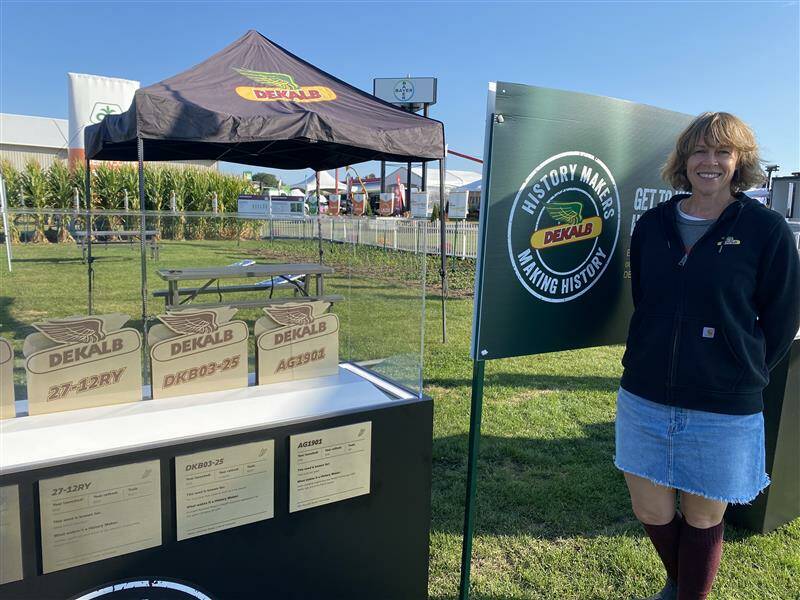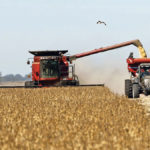Prime minister Stephen Harper flew to Brussels today hoping to announce agreement-in-principle tomorrow for a massive Canada-European Union trade deal, the largest Canadian trade deal in two decades.
Industry officials briefed on the details of the draft deal say it will give Canadian beef and pork sectors tariff-free access for as much as $1 billion in meat exports — $600 million for beef and $400 million for pork.
While EU tariffs and non-tariff barriers would be dropped (import quotas would remain in place but at higher levels), the largest consumer market in the world still would accept meat only from animals raised without hormone injections.
Read Also

Dekalb’s blast from the past
Bayer celebrated the brand’s greatest seed hits at Canada’s Outdoor Farm Show
“What we have is a result that I think is an outstanding result,” Canadian Cattlemen’s Association international relations director John Masswohl said. “I think the potential for Canadian producers to be huge.”
However, practical access likely is several years away as the Canadian livestock and packing industries gear up to meet European standards.
“We are certainly not talking this year,” said Masswohl. “We’re probably not even talking 2014, but 2015 might be realistic.”
Meanwhile, Canada’s dairy industry promises a vigorous fight against the deal, calling it a sellout of Canadian dairy farmers.
The EU would double its access for potential European cheese sales into Canada, although Canadian cheeses could compete for that space. The EU quota would rise to approximately 30,000 tonnes.
The foundations of supply management — production controls, cost-based pricing and high-tariff border protections against uncontrolled imports — would remain intact.
But Dairy Farmers of Canada vows to fight the deal as a giveaway.
“This deal would displace our local products with subsidized cheeses from EU and risk our small businesses being shut down or put out of business,” Dairy Farmers of Canada president Wally Smith said Oct. 16. “This is unacceptable. This potential deal is a loss for Canadian dairy farmers and industry.”
After four years of negotiations, an announcement of a deal in Brussels will mark an important milestone but far from the last stage.
The deal will have to be ratified by Canadian provinces and territories as well as the 28 members of the EU.
Ireland has been a critic of higher Canadian beef import levels.
In Canada with a strong dairy lobby campaign, Quebec’s minority Parti Québecois government may object to the increased competition from imported cheese. The dairy industry is a strong Quebec sector.
Opposition leader Thomas Mulcair, with a political base in Quebec, already has signaled he will fight the deal’s dairy compromise.
“I am very concerned that (prime minster) Stephen Harper will be throwing Canadian dairy farmers under the bus on this one,” he told reporters yesterday. “If he sells out Canadian dairy farmers, having promised that he won’t fool around with Canada’s system that has protected dairy farmers for years, then there’s going to be a hell of a price to pay.”














